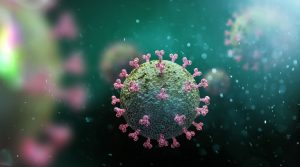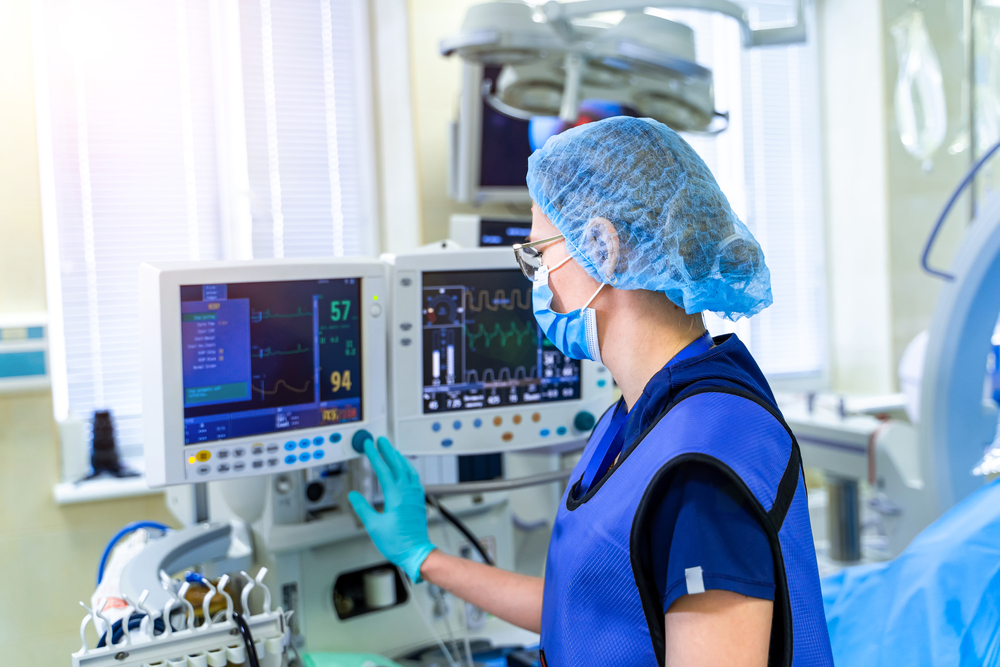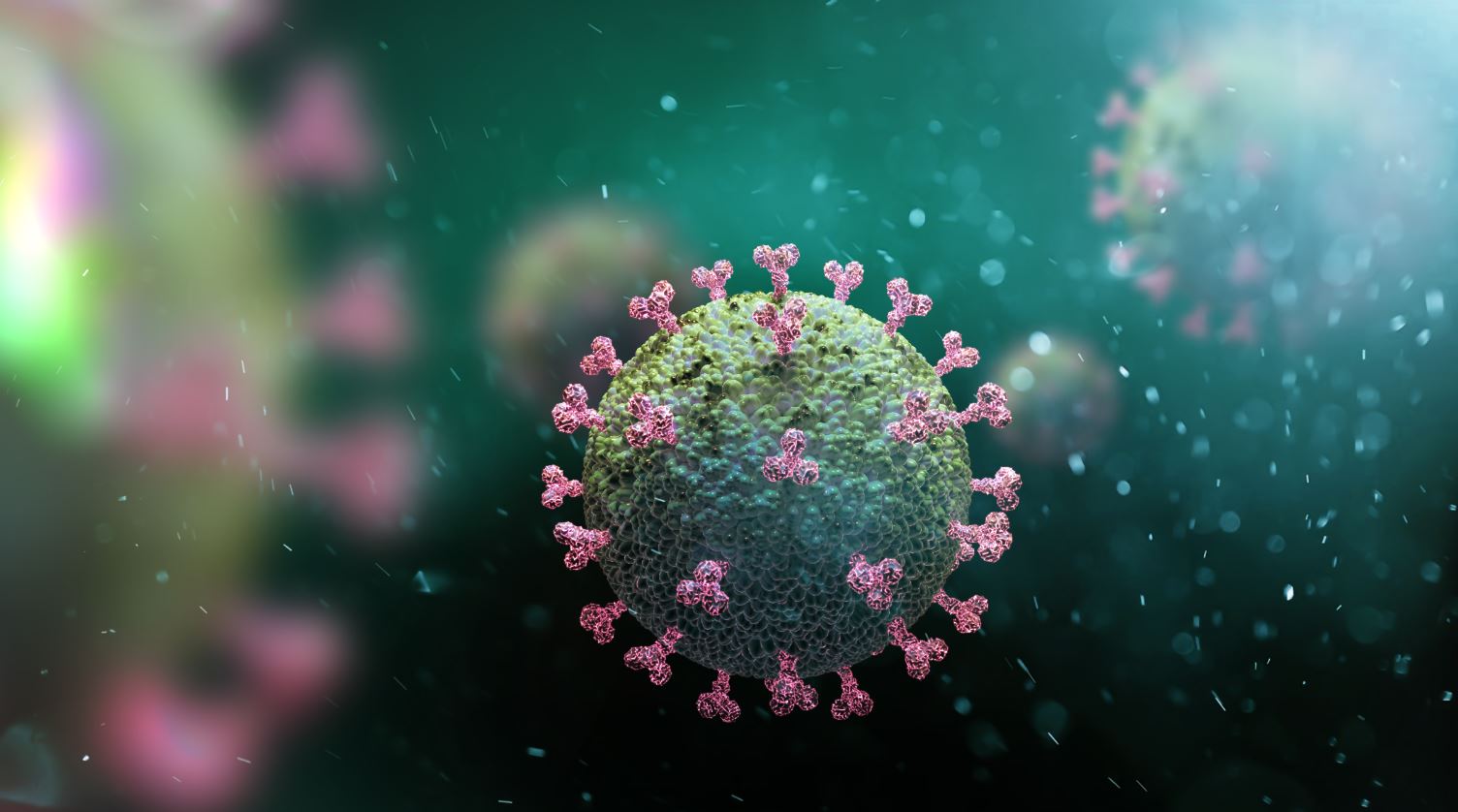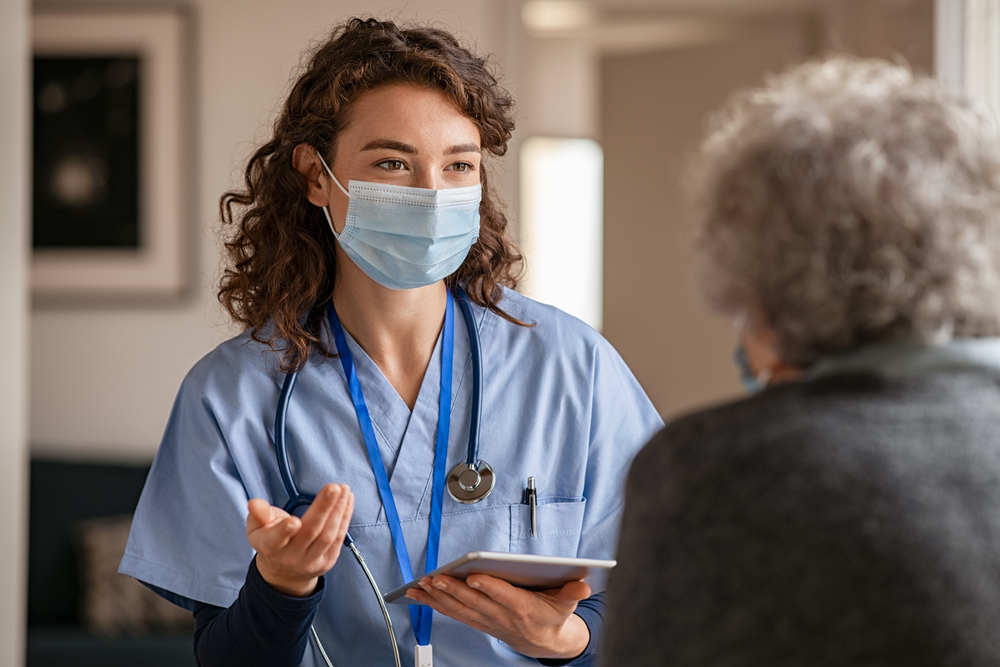Developing a risk prediction model for COVID-19 patients needing intensive care
This project is using large-scale real-time data and analysis to help hospitals rapidly and more reliably predict when a patient with severe COVID might need intensive care.

The challenge
When a patient is hospitalised with severe COVID-19, it is critical to identify quickly whether they are likely to die or whether their condition might worsen and require them to be transferred to an intensive care unit (ICU). Several deterioration risk scores for seriously ill patients – like the National Early Warning Score (NEWS2) – already exists and are widely used, but we know very little about how effective they are in predicting severe outcomes (ICU admission or death) for COVID-19 patients. And although a number of COVID-specific risk models are being developed, we don’t yet know how generalisable or practicable they might be.
The solution
This project aims to use real-time health data and advanced informatics to identify, assess and test clinical parameters (including those used by NEWS2) – like a patient’s age, sex, ethnicity, physiological measures, blood biomarkers and underlying health conditions – that could better predict the risk of a patient with COVID dying or needing intensive care within 14 days of hospitalisation. By evaluating and adapting NEWS2, which is already used by almost all UK NHS Trusts, and by developing parameters that draw on routinely collected data, the project aims to create a model that fits within existing admissions processes, is relatively easy and cost-effective to roll out, and helps save lives.
 The team are testing the NEWS2 score and adapted models using other parameters, starting with age, at multiple sites around the world – specifically seven UK NHS Trusts, one hospital in Norway, and two hospitals in Wuhan, China.
The team are testing the NEWS2 score and adapted models using other parameters, starting with age, at multiple sites around the world – specifically seven UK NHS Trusts, one hospital in Norway, and two hospitals in Wuhan, China.
Impact and outomes
A risk prediction model that is too sensitive will see already-stretched ICUs under unmanageable pressure, and hospitals spending more money and resources or having to make snap decisions about what and who to prioritise. But if a model is not sensitive enough, patients may not get the care or treatment they need in time and could die. This project therefore has significant potential for clinicians, hospitals and patients – not just nationally but internationally. It is among the first to evaluate the use of NEWS2 to predict severe COVID-19 outcomes at the point of hospitalisation and is one of only a handful of efforts to externally validate an adapted model across multiple sites.
Lead Partners
This was a large study led by Richard Dobson and HDR London with 27 partners.
King’s College London, NIHR Maudsley BRC
HDR London: Ewan Carr, Rebecca Bendayan, Daniel Bean, Vasa Curcin, Honghan Wu, Richard Dobson
HDR Midlands Project Team
HDR Midlands: Andreas Karwath, Luke Slater, Victor Roth Cardoso, Simon Ball, George Gkoutos



